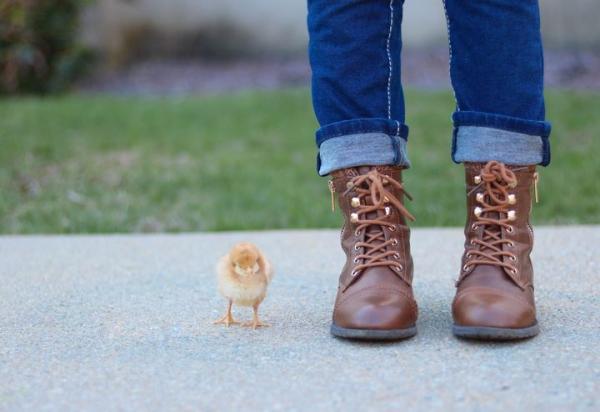These Are the Most and Least Eco-Friendly Pets
- September 22 2017
- 3 min read
These Are the Most and Least Eco-Friendly Pets

Dogs and cats are the most common of pets. After all, "a dog is a man's best friend" and "life is better with cats," but believe it or not, our furry friends are not the most eco-friendly pets we can choose to live with.
Why? For starters, their meat-eating diet requires a high amount of land and energy to produce their food. American cats and dogs also excrete 10 million tons of waste per year with most of it ending up in landfills or plastic poop bags that won't biodegrade for hundreds of years to come. Then there are single-use puppy training pads and non-biodegradable kitty litter which also have a negative effect on the environment.
Of course, none of that will stop us from choosing these animals as our companions but it's important to know this information so you can choose to make alternative and greener choices for your pets and the planet.
The Most Eco-Friendly Pets
Rabbits, goats, chickens, and ducks are undoubtedly some of the most eco-friendly pets. These animals are hardly a substitute for cats and dogs, but from an environmental standpoint, they are less ecologically harmful.
The waste that all four of these animals produce can be used as valuable fertilizer. On top of that, their diet, for the most part, is plant-based. Rabbits can eat grass, goats are often fed grain but can eat all different types of foliage, and chickens and ducks will happily eat grass and bugs.
By sharing your space with pets like these – ones that can produce eggs, milk, and cheese – you'll be one step closer to living a more sustainable, farm-to-table life (without all of the meat).
The Least Eco-Friendly Pets
Think pythons, parrots, and monkeys. Basically, anything exotic. If you haven't heard of the python problem in the Florida Everglades by now, I'd be surprised, but in a nutshell, after enough people decided to abandon their "pet pythons" there, the overpopulation problem quickly escalated with the Everglade's eco-system struggling to keep up with the demand of these reptiles.
Owning exotic animals can also risk their species survival; something we've recently experienced with the African Grey Parrot, for example. Thousands of these beautiful birds are stolen each month for illegal trade. As a result, countries like Guana now have populations that have fallen to as low as 1 percent of their historic levels. So, while it might be tempting to own an exotic animal, the consequences can be detrimental to a species and the environment.
Ultimately though, since we all have a footprint or "pawprint" on this earth, it's not really fair to label our pets, but there are ways we can make choices and work together to minimize these negative environmental impacts.
Gain access to Orders, Tracking, Custom Options and Much More!